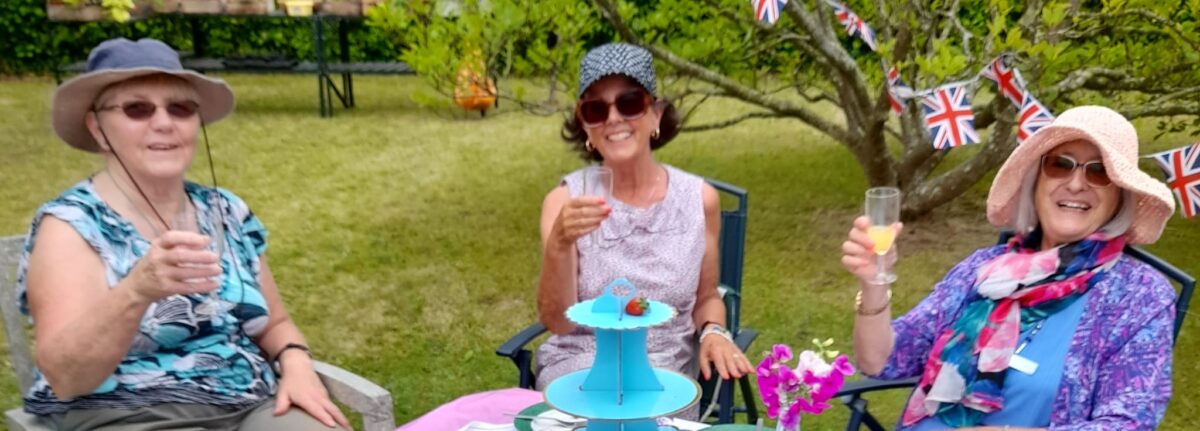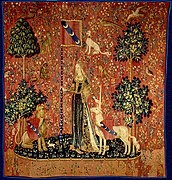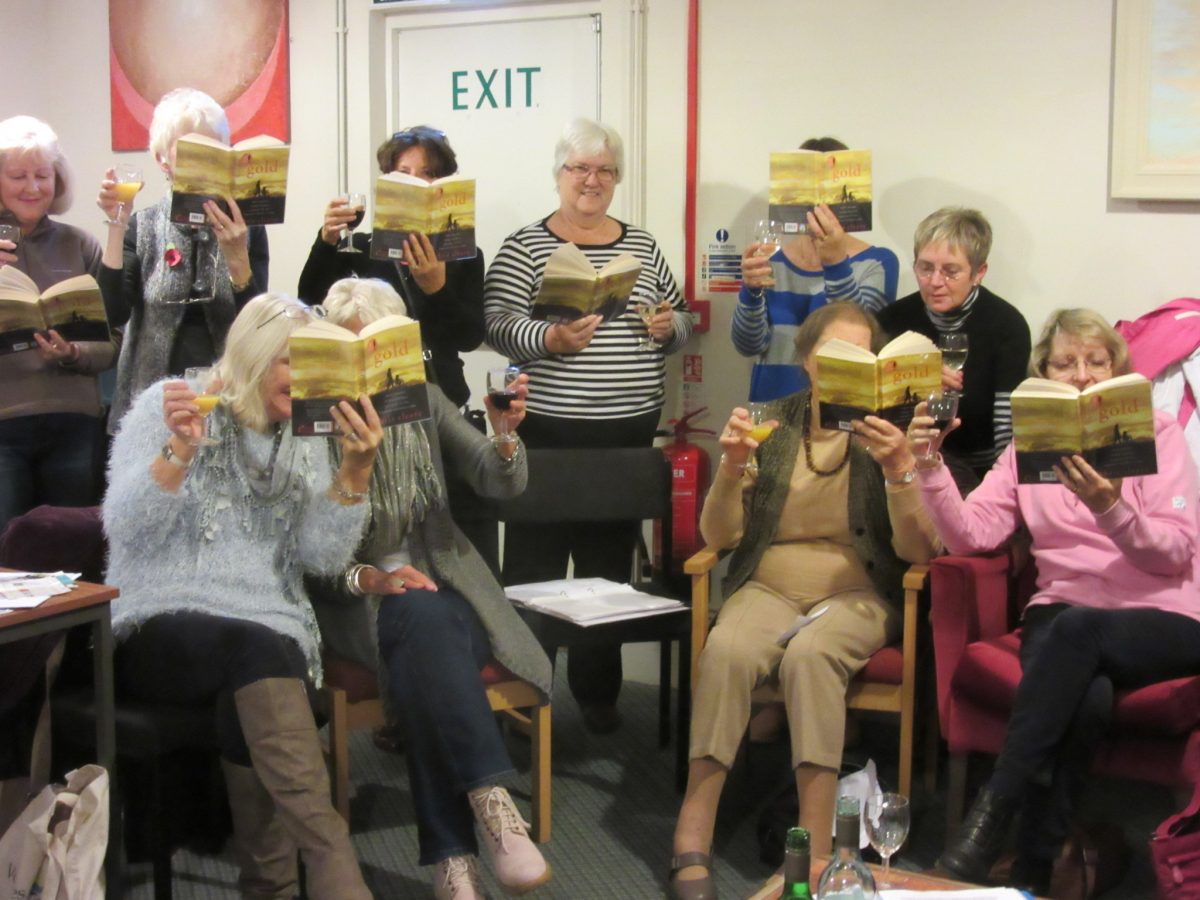Fourteen members and a visitor were welcomed by Brenda who also reported that we had received apologies, together with some of their thoughts on the book, from nine of our members who were unable to be with us for the meeting held at The Cloisters.
She then opened the discussion by asking Jeanie to kick off the proceedings for her thoughts on the book. Several members agreed with Jeanie’s comments that the book was well-written and was quite true to life for this day and age, but she herself had found sadly that she had not really enjoyed the content of the story with its focus on addictions. It was generally agreed that it was a book to think about, with an intense structure overall and with real life comparisons, be it a bit twee at times.
Many felt very cross and angry with Martha, the mother, who just buried her head in the sand over her daughter Sacha’s drug addiction with a false belief that she alone could help her deal with this problem without professional help. Also, how she could keep this, with all its attached guilt, a secret, as she had witnessed Sacha pushing her 5-year-old brother Finn over the balcony. It was also felt by some that they did not like nor understand how she could favour Finn over Charlie, who really wasn’t mentioned much and yet he was his twin with a special relationship with his brother. This was shown at the hospital when he touchingly just wanted him to come home to all be together again. Also more so that she had just uprooted everyone with no real discussion, especially a teenage daughter, a talented flautist, away from her friends, adored grandfather, school and absolutely everything she knew and as one member said leaving her “rudderless” without them. Martha moved to satisfy her own need to protect and give her alcoholic husband Kit a new start, and perhaps to solve his addiction to drink(?) with no real thought of leaving her own loving widowed father, sister Lou and brother in law (and as it came out in a later part of the story, Sacha’s real father!).
But others had said they had felt differently about Martha, that she found herself between a rock and a hard place and that they had felt sorry for her with her torn loyalties and conscience and with her strive for perfection, her daily dilemmas to keep everything “normal” and that she had to be strong and controlling for husband Kit who was not always a great support. It was felt that although Kit was instrumental to the book, the author had then kept him in the background. The tension increased as the book progressed and several felt involved in it and wanted to know how it would all end as Sacha’s downward spiral into her drug addiction and dealing had caused her deteriorating behaviour to seriously impact on the family in so many ways. But Sacha did come good as she was able to go back to England under the protective wing of her grandfather and eventually resume her flute playing. The book’s closing chapter also unfurled to disclose that she had been accepted at a University to train as a paediatrician – so she had turned her life around completely because of what life had thrown at her.
Relationships were then discussed with members feeling that Bianka’s character was too good to be true in real life. Several members spoke of Sacha’s quest to look for her real father which had been threaded through the book being quite pointless to the story. An interesting discussion then took place on how perceptions might have changed had there been a reversal of gender to the characters. Would it have been acceptable to the storyline had Sacha’s character been a teenage boy throwing his 5 year old sister off the balcony? Several members commented on how much they liked her mother’s quips in her ear and a few liked Hama’s “Crocodile Dundee” character and the grandfather who picked up the pieces and put them together again.
So to conclude……… Generally it was felt it was a well-written story with a strong plot, strikingly good at the beginning leaving us with thoughts that the author lived it herself. Perhaps better suited to its original published Book Title of “Second Chances”. One member’s summing up described it as a modern day family who had to face their gremlins. The story had no real loose ends, used likeable language, quite poetic at times too with a few interesting lines, but with one in particular that made everyone smile “He lowered himself down into a deckchair and scuba dived into the Merlot”. Thank you Brenda!! Cheers!!
We would recommend it to a friend and so given the “thumbs up”.


 The evening’s discussion commenced with members saying that generally they had found this book an easy and quick read, absorbing and very informative with regards to the art of weaving the tapestries. At times it was felt to be a bit mundane by a few members. Quite a few members said they had started the book with a little trepidation expecting to hate or not like it at all, mainly due to its content, setting and period but had been pleasantly surprised by it and found it to be an enjoyable read with an interesting topic.
The evening’s discussion commenced with members saying that generally they had found this book an easy and quick read, absorbing and very informative with regards to the art of weaving the tapestries. At times it was felt to be a bit mundane by a few members. Quite a few members said they had started the book with a little trepidation expecting to hate or not like it at all, mainly due to its content, setting and period but had been pleasantly surprised by it and found it to be an enjoyable read with an interesting topic.